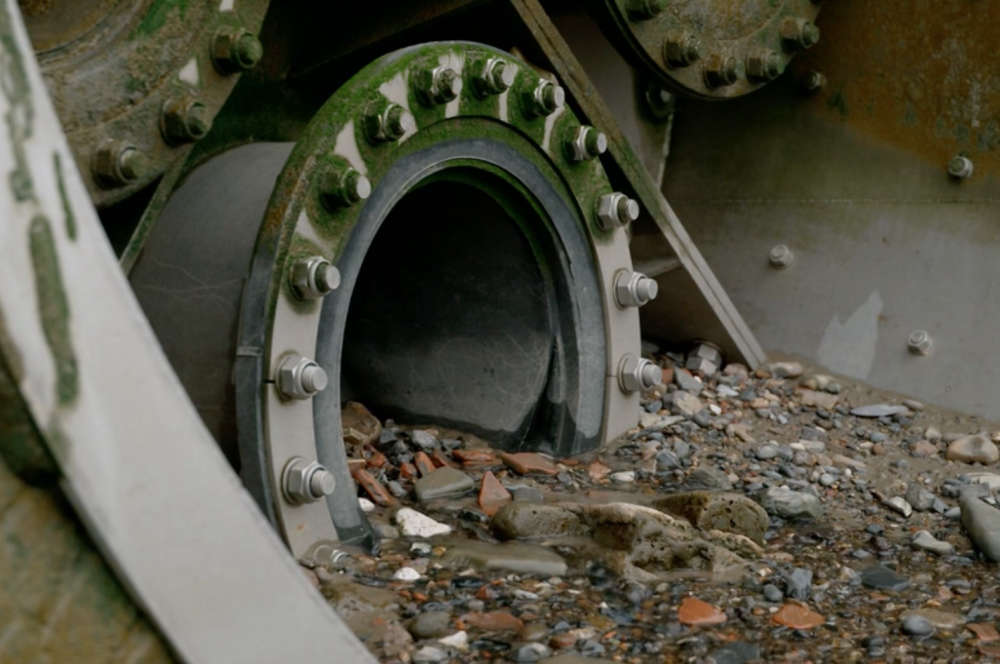
Hoe bathing waters are priority to stop sewage discharges
Work to improve 11 storm overflows in Plymouth and reduce sewage discharges will be carried out over the next five years.
Plymouth Hoe’s bathing waters are in South West Water’s priority plan as it aims to bring more than 12,000 storm overflows up to scratch over the next 15 years.
Speaking at Plymouth City Council’s natural infrastructure and growth scrutiny panel this week, representatives from the company said they recognised the value of bathing waters and the importance of the National Marine Park to the city.
Councillors are looking into a digital signage alert system to inform people if a storm overflow is discharging sewage.
Cllr Lauren McLay (Green, Plympton Chaddlewood) asked for assurance that customers are seeing “value for money” after a “28 per cent increase in bills, and Plymouth Hoe East being the third worst site in the UK for sewage dumps in 2024”.
Mark Worsfold, South West Water’s director of asset management said three per cent of sewage is now treated and goes into overflows, but the company is investing £3.2 billion, including £764 million in the first five years, to reduce to less than one per cent.
Storm overflows act as ‘safety valves’ in sewer systems, releasing excess water when the system is at risk of being overwhelmed by heavy rainfall. This water, combined with foul water and untreated sewage, is released into seas and rivers.
Plymouth’s bathing water are ranked as ‘excellent’ by the Environment Agency, but water quality samples are mainly taken in the main swimming season from May to September and not in winter when heavy rainfall can be at its worst.
Last year the agency ranked South West Water as the worst performer for pollution incidents in its 13-year history.
The company is committed to meeting the government’s target of fewer than 10 spills per year from storm overflows 10 years ahead of the deadline of 2050.
The company has vowed to pull its socks up and said it wants to work more closely with local authorities to find nature0based solutions where excess water can go into the ground and not into the sea.
But its says it is not wholly responsible for what goes into the watercourses, and two0thirds of pollution is linked to agriculture, bird droppings, and plastics.
Panel members stressed the importance of SWW being aware of 10,000 homes planned for the city and the sewerage infrastructure that would be needed.
They were told that there was capacity in the system up to 2035 but would need to start investing to go beyond that.
The meeting was told that as more people are paving over front gardens to get electric cars close to charging points, which creates greater surface water and puts pressure on storm overflows, permeable paving was being encouraged.
Alan Burrows, head of local government affairs at Pennon, the parent company of SWW, said the city council could help tackle problems through the planning process, building control and asking for more water efficient properties.
The company has the power to ask for a delay of 18 months on new developments if it believes it will have a detrimental effect on the environment.
 City lose at home again
City lose at home again
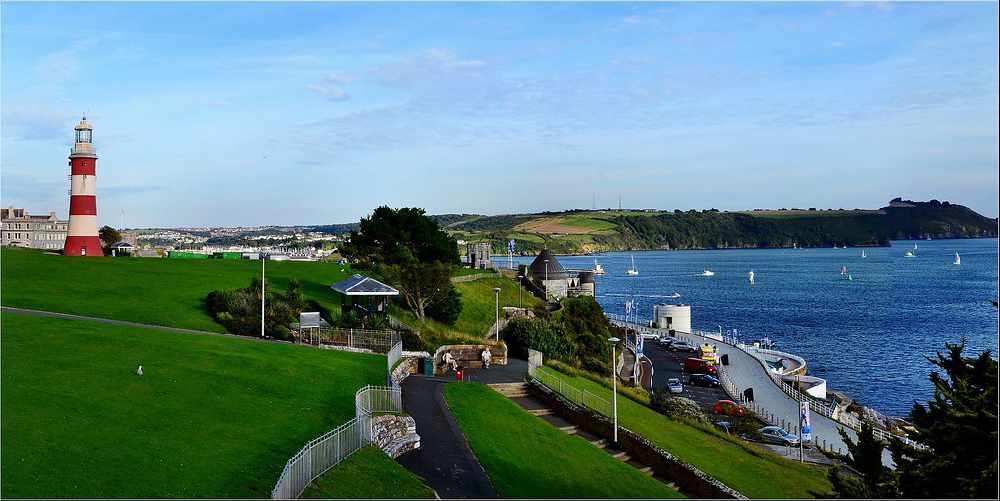 Calls for inclusion on Plymouth lord mayor role
Calls for inclusion on Plymouth lord mayor role
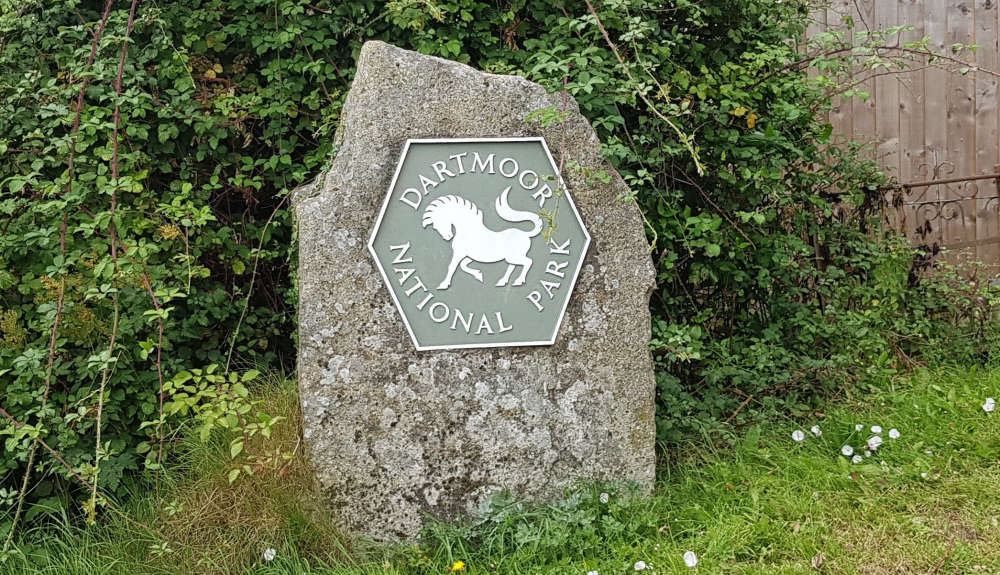 Dartmoor finances facing biggest cut for years
Dartmoor finances facing biggest cut for years
 Rare curlews and martens are leaving Dartmoor - for now
Rare curlews and martens are leaving Dartmoor - for now
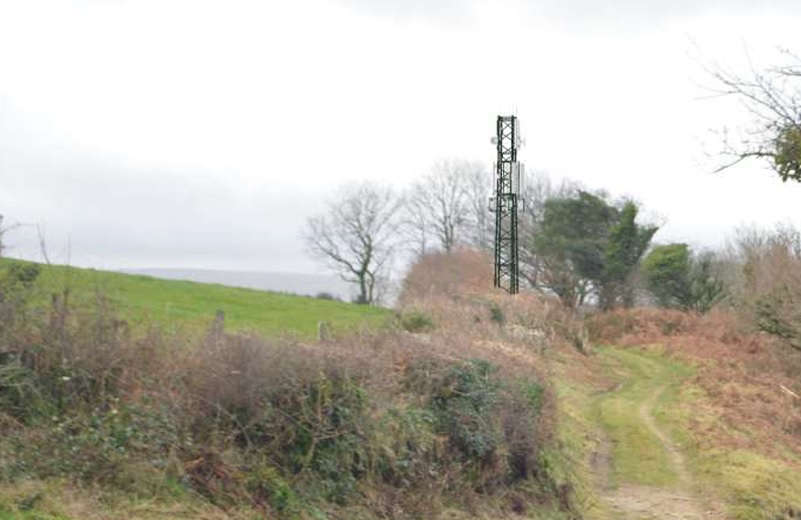 Dartmoor phone mast gets the go-ahead
Dartmoor phone mast gets the go-ahead
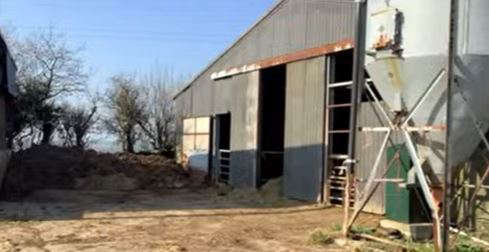 Livestock processing plant refused at Shebbear
Livestock processing plant refused at Shebbear
